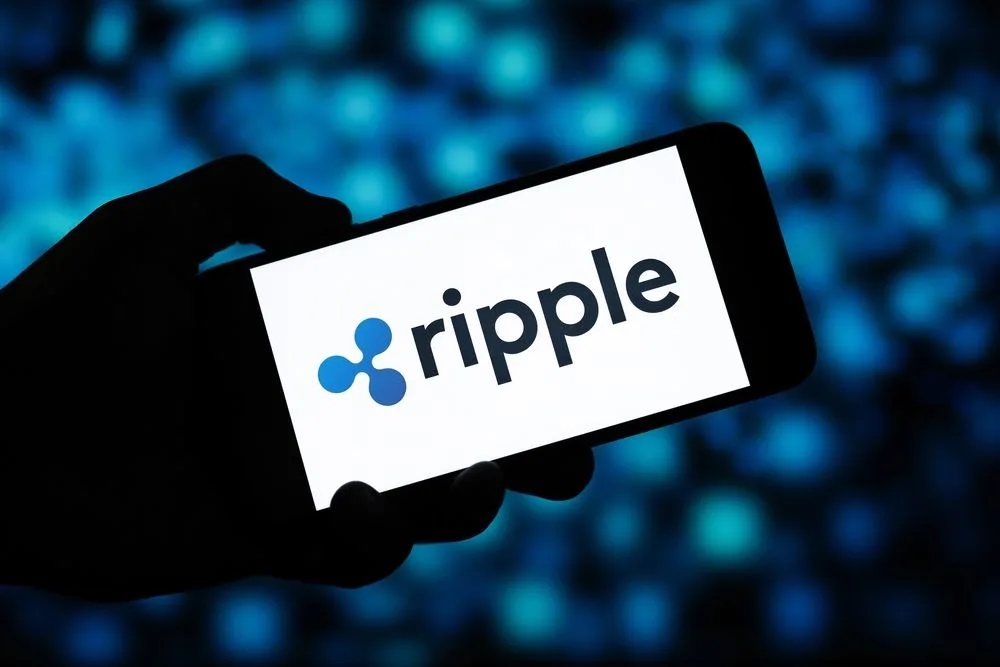< BACK TO BLOG
Ripple’s Next Power Move: Cracking the $187 Trillion B2B Cross-Border Market
Ripple is targeting the $187 trillion B2B cross-border payments market, positioning itself to revolutionize global transactions.
Ripple Sets Its Sights on the $187 Trillion B2B Cross-Border Payments Market According to market analyst Anders, Ripple is strategically targeting the B2B cross-border payments sector, a market valued at a staggering $187 trillion in 2024.
This focus marks a significant pivot from the traditional consumer-to-consumer (C2C) remittance space dominated by legacy players like Western Union, which handles an estimated $103 billion in retail remittance transactions annually.
Ripple’s approach aims to solve one of the most persistent pain points in global finance, the slow, costly, and opaque movement of money between businesses across borders.
Traditional banking systems rely on a network of intermediaries and correspondent banks, often resulting in settlement delays, high transaction fees, and a lack of transparency. Ripple’s blockchain-based solution, powered by its XRP Ledger and RippleNet, offers real-time settlement, low fees, and traceable transactions, making it a compelling alternative for enterprises seeking efficiency and speed.
While the retail remittance market gets a lot of attention, the real opportunity lies in business-to-business transactions. The B2B payments landscape dwarfs the C2C market in value and complexity, making it ripe for disruption by blockchain technologies like Ripple.
Ripple’s enterprise blockchain connects banks, payment providers, and corporates directly, removing the inefficiencies of traditional systems. Through strategic partnerships with leading financial institutions, Ripple is emerging as a key driver of next-generation global payments.
As global trade expands and businesses demand faster, more transparent transactions, the need for modernized cross-border solutions becomes critical.
Ripple’s technology allows institutions to settle payments instantly and securely, improving liquidity management and freeing up working capital, a game-changer for multinational corporations.
In contrast, Western Union’s retail remittance model, while reliable, remains largely geared toward person-to-person transfers. Its high transaction fees and slower settlement times limit its competitiveness in the digital age.
With $187 trillion in potential transaction volume, Ripple’s B2B focus is poised to revolutionize global money movement. By merging blockchain innovation with institutional-grade trust, Ripple isn’t merely challenging legacy systems, it’s building the foundation for a borderless, frictionless financial future.
Conclusion Ripple’s focus on the $187 trillion B2B cross-border payments market marks a bold step toward reshaping global finance. By harnessing blockchain to enable instant, low-cost, and transparent settlements, Ripple tackles the inefficiencies that have long hindered international transactions.
Unlike traditional players like Western Union, which dominate the smaller retail remittance space, Ripple aims to modernize the financial infrastructure driving global trade and enterprise payments.
This article was originally posted here -> Click here to read the article there.
